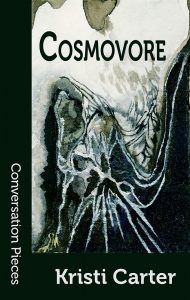A few links of interest from around the web:
- Though we’ve seen teachers go on strike in other states, that’s not likely to happen in Texas. From The Texas Tribune: “[Going on strike] could result in having their teaching certificates and Teacher Retirement System benefits permanently revoked.”
- A couple links to articles on science fiction written by women: from Barnes and Noble, “50 Science Fiction Essentials Written by Women;” and from Book Riot, “Women Who Imagined the Future: Science Fiction Anthologies By Women.”
- And a few of my poems saw publication in the last week: “Aubade: Taking Off” over at Kaleidotrope, and “Alima Among the Trees” and “Artist/Model” in the debut issue of Projector Magazine.



